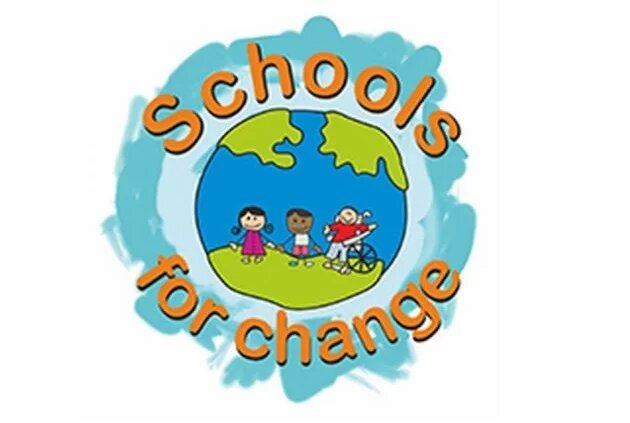
Respect and tolerance are values which already start taking root from a young age. In Greece, much like in other parts of the world, bullying and a general culture of violence appear to be in constant rise. Poverty and social exclusion are some of the factors leading to violent behaviours but also a general lack of a culture for peaceful resolution of conflicts. Adding to this culture of violence, a stable presence of extremist ideologies -particularly following the crisis outbreak- has spread into many parts of society including schools and the easily pliable young minds. It is often the case that children using xenophobic terminology or other kinds of hate-loaded speech do not realise it per se, since they merely copy what they hear in their social environment.
Clearly, the problem is not to be understood as a phenomenon separate from the behavioural patterns of both parents and teachers: Teachers on the one hand have an expressed need of receiving training on how to manage violence and discriminatory behaviour concretely among their students, while on the other hand, little can be achieved without a simultaneous effort from the part of their parents and families. Such a deep structural change in behavioural culture requires a long-term commitment to the goal, with small but steady steps in changing the mind-sets of all three aspects of the school communities: students, parents and teachers.
Starting from 2012, the project “Schools for Change” has aimed at sensitizing teachers, students as well as parents on matters of human rights, gender equality and peaceful resolution of conflicts within the context a wholistic democratic school culture. The Schools’ communities are supported in their effort to take action against discrimination and exclusion, cooperating with and benefiting from the civil society, radiating these values in their wider social environment.
The project materializes through workshops and trainings of non-formal education, be it on peer-to-peer mediation or solidifying respect for diversity, taking place in schools as well as outside of schools, offered by an experienced team of trainers from NGO Antigone - Information and Documentation Center on Racism, Ecology, Peace and Non Violence. The workshops include experiential games and learning activities, activities for creative expression, storytelling, creative drama, role play as well as simulation games among others. What is more, a guide on peer-to-peer mediation is available to the participants, a practical tool for applying what they have learned. It is indicative that up to 2018 these workshops and trainings reached out to more than 7.000 students, as well as dozens of teachers and parents. Teachers trained in the way of peaceful resolution of conflict, formed alliances and local networks, taking the matter in their own hands with the support of civil society.